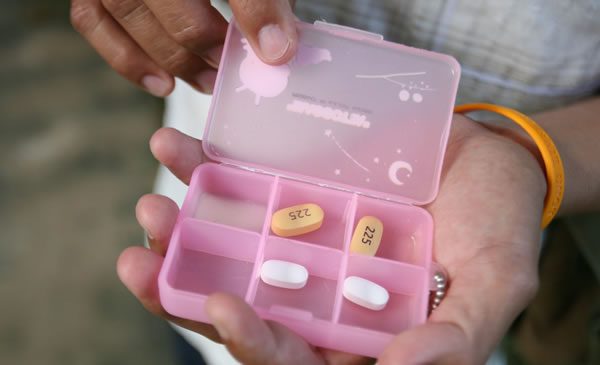
A new report from Oxfam, “Eye on the ball” discusses how poor-quality medicines pose a serious threat to patients and public health in developing countries. The World Health Organisation estimates nearly one-third of all countries lack adequate drug-regulatory capacity to monitor medicines safety.
Under the guise of addressing this problem, some rich countries are pushing for new intellectual-property rules and a reliance on police action to keep substandard medicines out of reach. Howevr such an approach will not ensure consistent medicine quality – worse, it threatens to undermine access to legitimate, affordable generic medicines.
Donors and developing countries must prioritize building competent regulatory authorities – not expand intellectual-property enforcement – so that patients can be assured that the medicines they take are safe and effective.
The report recommends that medicine regulation – not IP enforcement – can best deliver quality medicines.
“Rather than help poor countries address the problem to ensure safe, effective and quality medicines for all, rich countries are putting commercial interests ahead of public health in these countries.”
Rohit Malpani, Oxfam senior policy advisor
- Download the full report
- Download the summary